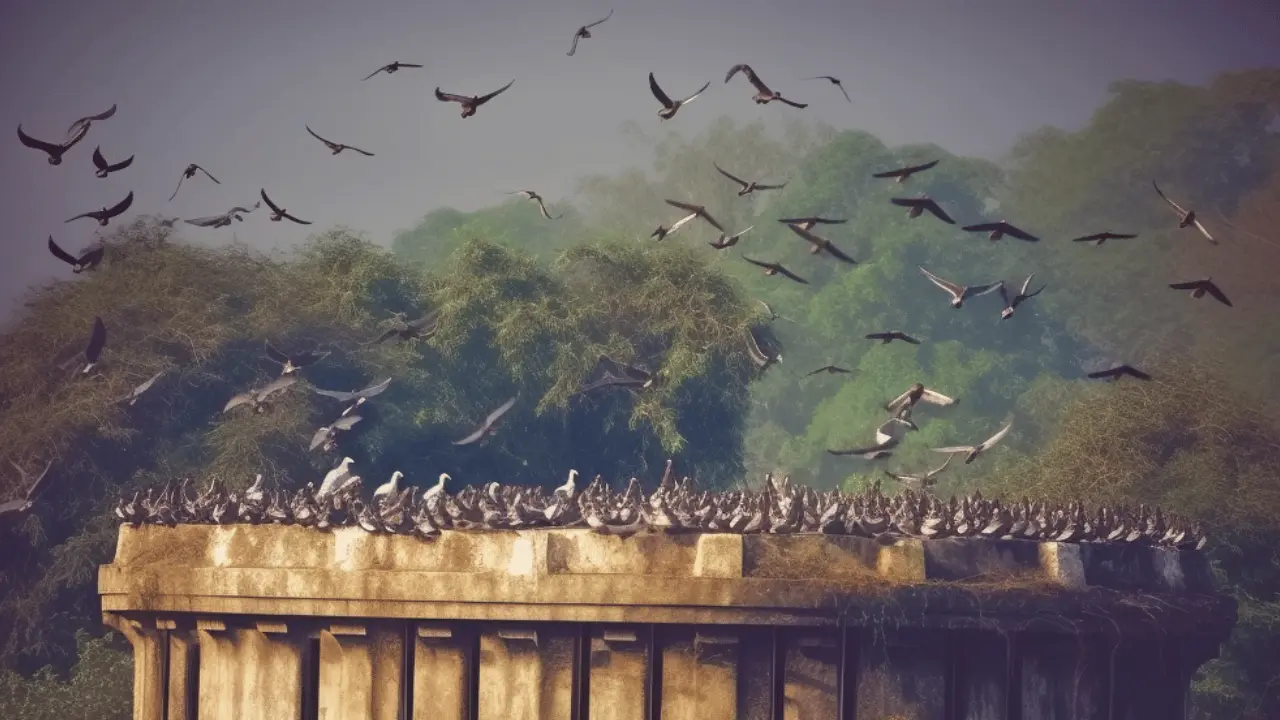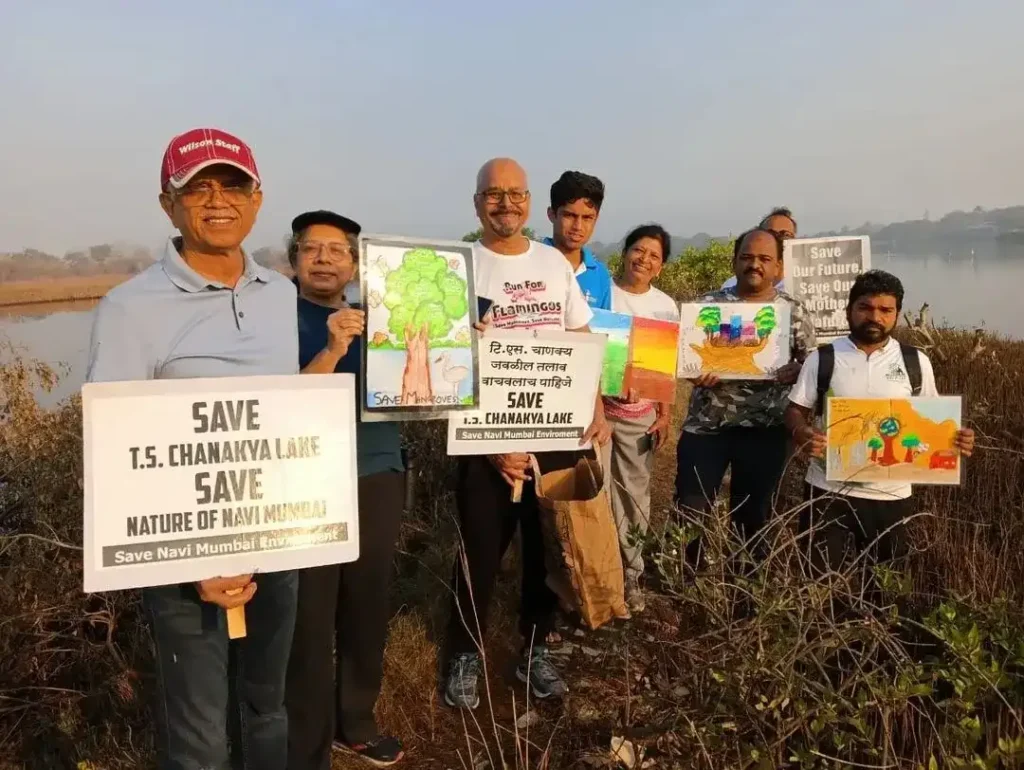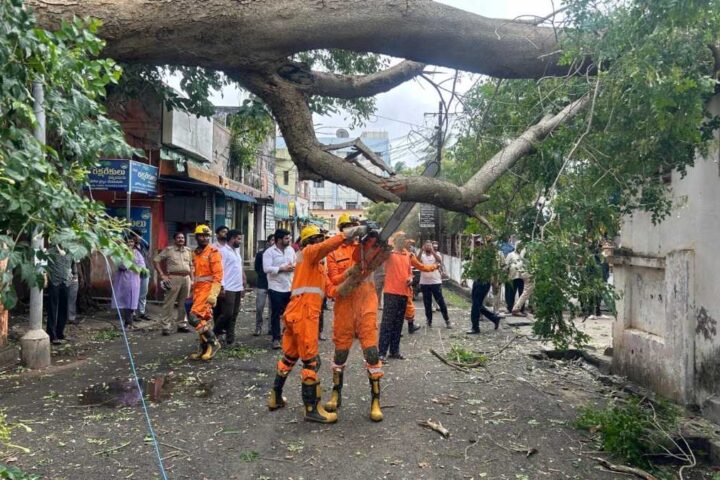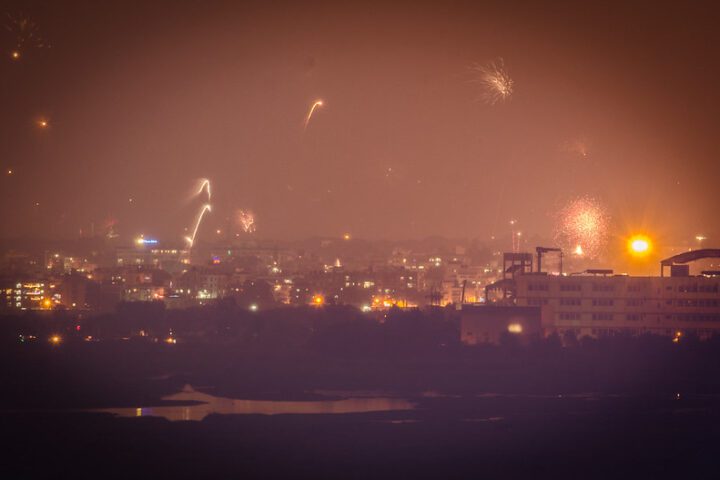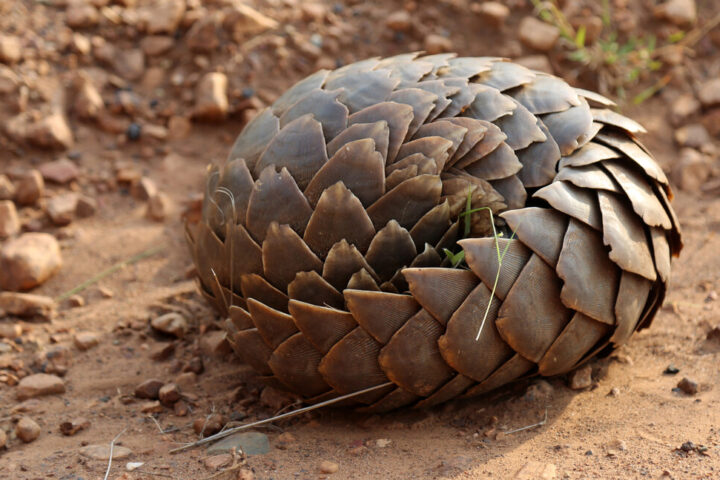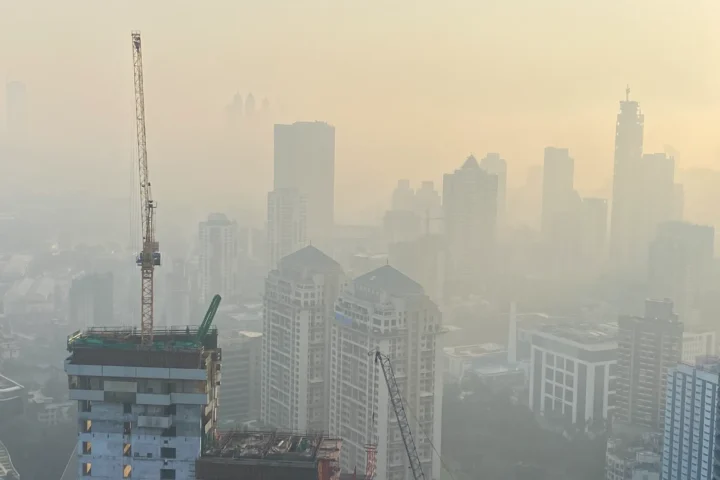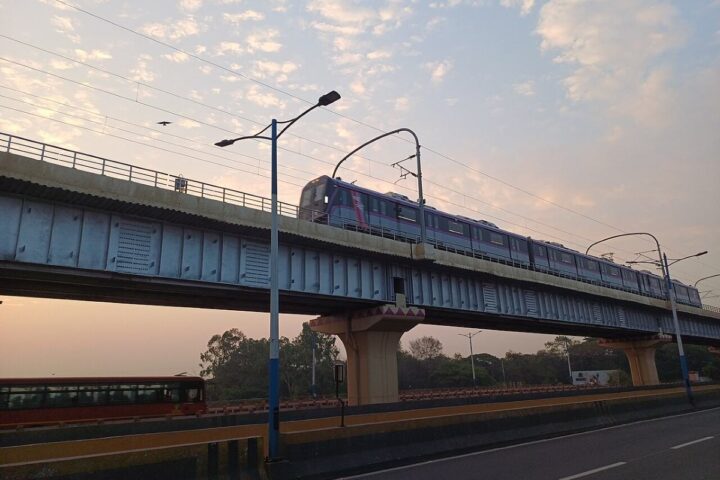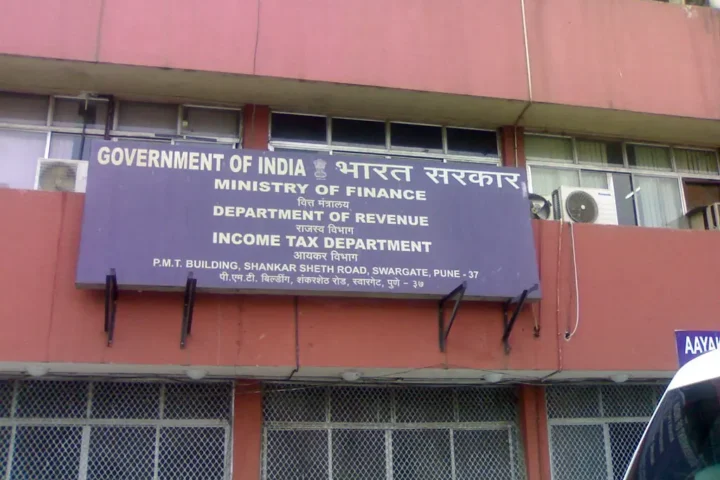The disposal of dead human bodies is carried out in many ways, generally depending on one’s religion or faith. A majority of Hindus cremate their dead bodies. A few Hindus belonging to the Lingayat community bury their dead. Lingayats are the devotees of God Shiva, and Karnataka is dominated by the Lingayats. Most Christians and Muslims bury their dead. However, the Parsis, followers of Zoroastrianism in India, leave their dead in a Tower of Silence.
According to Parsi tradition, a group of Iranian Zoroastrians emigrated from Persia to escape religious persecution by the Muslim majority after the Arab conquest. Since ancient times, the Parsis have disposed of their dead by leaving the corpses in the open air, to be devoured by carnivorous birds and beasts. According to their faith, to bury would be to pollute the earth and to cremate would defile fire. To give their bodies to be eaten is considered their last act of charity on earth.
The Towers of Silence have existed in Doongerwadi in Mumbai since 1673. Here, the Parsis have been laid out for their last journey to be devoured by vultures. But the vulture population has thinned over time as cattle keepers use diclofenac, an anti-inflammatory medicine used to treat animals. The vultures preying on the carcasses—their main food—led to their numbers diminishing.
Similar Posts
Therefore, the Bombay Natural History Society (BNHS) had an informal meeting with members of the Parsi community to reintroduce vultures into Doongerwadi once again, in the hope that together they can set up an aviary on the premises where the vultures can thrive. Once they are introduced in Doongerwadi, the birds of prey can adapt to their ecological role. They will be looked after by providing alternate food when there are no funerals. The Parsi community knows what is to be done to revive the vultures.
India had nearly 60 million vultures in the 1970s. Their population now is 60,000. This reduction represents the cumulative effect of climate change, new methods of disposal of carcasses, and ecological degradation. The Parsi community and BNHS deserve praise for trying to protect the environment and ecological balance.
